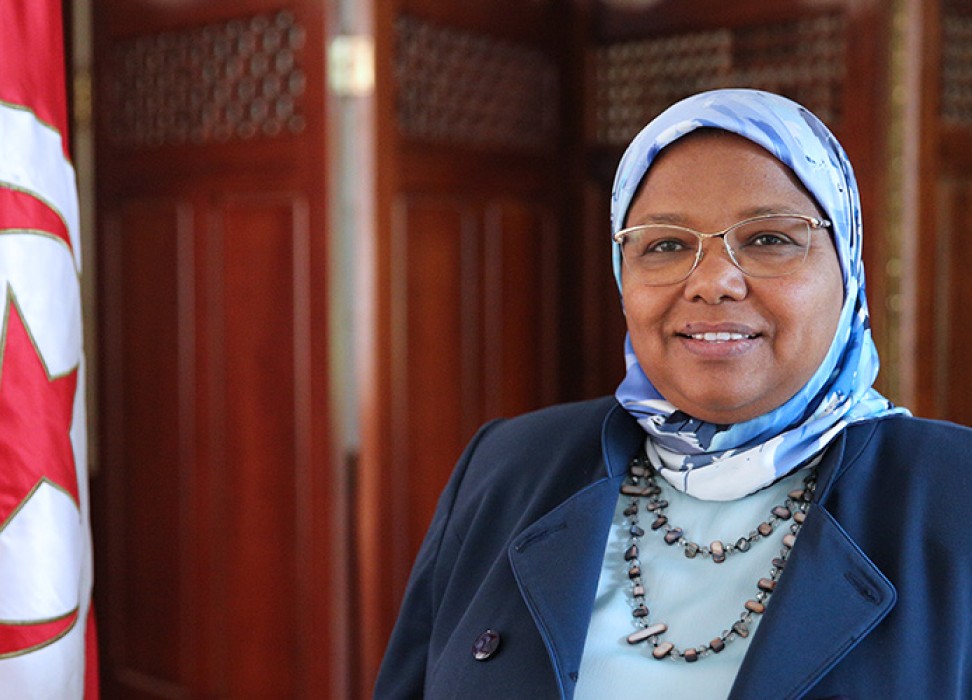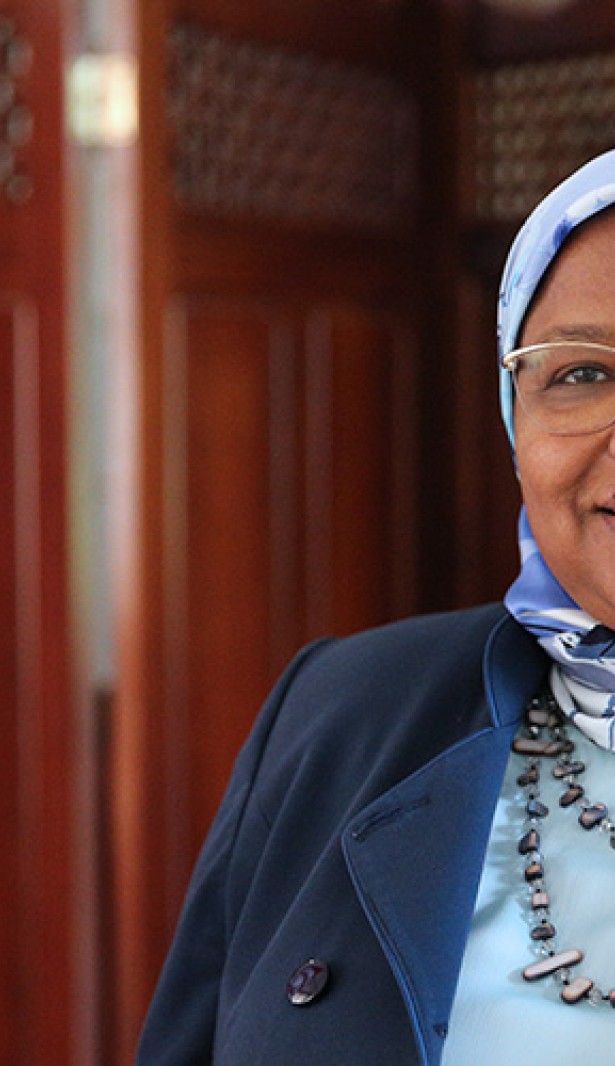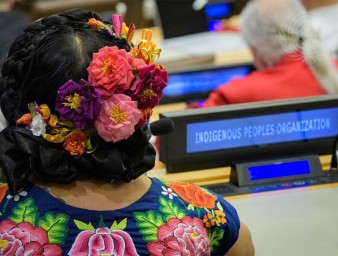Parliamentarians promote fairer societies
19 December 2018

For Parliaments, the representative function is seminal.
Because of socioeconomic inequalities, some individuals or groups are often denied the opportunity to participate in the conduct of public affairs. They are confronted with a vicious circle: the greater the inequality, the less the participation; the less the participation, the greater the inequality. This perpetuates the privilege of the elite who may be the only ones able to directly influence formal and informal processes.
The right to participate in political and public life is important in empowering individuals and groups, and is crucial in eliminating their marginalization. Parliamentarians who are close to their people understand the importance of taking their needs into account when proposing and adopting new laws. Parliamentarians are not required to be identical to their constituents but it matters that they share common experiences and perspectives.
This is the case for Jamila Debbech Ksiksi, the first black Tunisian MP. She has always felt that she was in Parliament to defend all vulnerable groups in her country: the poor, the religious and ethnic minorities, as well as sub-Saharan African migrants who live in Tunisia.
An estimated 5-10% of the population in Tunisia are black, although official ethnic statistics are unavailable. They have yet to realise the same rights and enjoy the same freedoms as the rest of Tunisian society. Their experiences of racism range from casual racial slurs to little representation in public life.
Further, according to the International Organization on Migration (IOM), some 75,500 sub-Saharan African migrants live in Tunisia. Many have reported having suffered racial discrimination and even attacks. In August 2018, violent altercations between native Tunisians and inhabitants of Najmatar, a popular neighbourhood in the suburbs of Tunis where several African communities coexist, made news headlines.
Ksiksi remembers when Tunisia became the first North African country to adopt an anti-racial discrimination law in October 2018. Some have called that breakthrough as historical as Tunisia’s abolition of slavery in 1846, before the United States and before any other country in the Middle East and North Africa region.
“The moment in plenary when we adopted that law was a historical moment for me. I felt so proud of my country and of my fellow parliamentarians,” she said. “Having a legal text that criminalizes racial discrimination was a crucial moment towards strengthening human rights in Tunisia. As the first black woman we have ever seen in the Tunisian Parliament, I am proud to be part of that minority, always.”
Ksiksi was in Geneva in November to participate in the second edition of the UN Forum on Human Rights, Democracy and Rule of Law. The biennial forum this year looked into how parliamentarians can promote the enjoyment by all of human rights, propose solutions to strengthen democracies and create more resilient rule of law systems.
Non-citizens, including migrants, refugees and stateless persons, seldom have a voice in the public and political affairs of their countries of residence. Therefore, in times of strife, parliaments can play an essential role in promoting values of respect, dialogue and compromise, leaving no space for discriminatory and xenophobic rhetoric that has built up around migration in societies.
In 2015 Ksiksi was amongst the first in parliament to speak up against and to denounce racial discrimination. However, she never loses sight of the part that civil society actors have played, advocating for eight years for the adoption of the anti-racial discrimination law.
Today, she continues to work to integrate a gender and a diversity-based approach in all spheres of power in Tunisian society. Tunisia is one of two countries in the Middle East and North Africa region to adopt parity laws in Parliament. In 2015, women represented more than 30 per cent of the Parliament.
“For the first time, we have a black woman in Parliament. In our Government, we nominated a Jewish Minister; it was a first for Tunisia and a good start. Diversity will foster more participation and the support by all social categories of projects for reforms,” Ksiksi said.
“The political participation of everyone is a human right”, she added. “It is the spontaneous expression of our citizenship. We must encourage people to be involved in politics.”
For Ksiksi, as we reach the 70th anniversary of the Universal Declaration of Human Rights, the Tunisian Government needs to place greater emphasis on the economic and social rights of its people.
“Many of our social groups have been forgotten and must endure unemployment and lesser wages. We need a strategy to eradicate poverty and to promote development in my country,” she said.
19 December 2018




